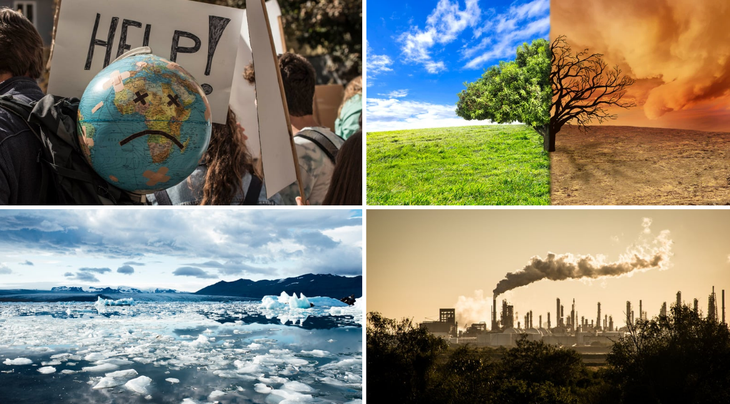
Climate change is not just a story of temperature or sea level, but has major consequences for all areas of life and professions - Photo: AI
A new study published in the journal Earth System Science Data says that at current carbon emissions rates, humanity will exhaust its remaining “carbon budget” around 2028, when the planet is almost certain to exceed the 1.5°C temperature increase threshold above pre-industrial levels, which is considered by the international community to be the safe limit to avoid serious climate consequences.
The threshold is near
Under the 2015 Paris Agreement, nearly 200 countries agreed to limit global temperature increases to an ideal 1.5°C and a maximum of well below 2°C. But with more than 46 billion tonnes of CO₂ emitted each year, humanity is rapidly burning through its remaining carbon budget, estimated at just 143 billion tonnes.
"The window of opportunity to keep warming below 1.5°C is closing fast," said Professor Joeri Rogelj, a climate expert at Imperial College London. "Climate change is already affecting billions of people around the world . Every small increase could lead to more extreme weather."
The study analyzed 10 key climate indicators, including: greenhouse gas emissions, heat sink, surface temperature change, sea level, temperature extremes and the remaining carbon budget.
The results show that global temperatures are rising by an average of 0.27°C per decade. The Earth is now 1.24°C warmer than pre-industrial times. The amount of excess heat accumulating in the Earth system is now twice as high as it was in the 1970s and 1980s, and 25% faster than in the previous decade. About 90% of this excess heat is absorbed by the ocean, disrupting marine ecosystems, melting ice, and accelerating sea level rise.
Since 1900, the global average sea level has risen by about 228mm, a seemingly small number but one that is causing many coastal areas to face erosion, flooding and serious damage due to storm surges.
“What is worrying is that sea levels respond slowly to climate change. That means that even if we stopped emissions today, water levels would continue to rise for decades to come,” said climatologist Aimée Slangen of the Royal Netherlands Institute of Oceanography (NIOZ).
Impact on global food security and drought
Climate change is not just about temperature or sea level. A recent study predicted that corn and wheat, two staple crops, could decline by up to 40% in the United States, China, and Russia by the end of the century if current trends continue. At the same time, about 30% of the world’s land area was already in moderate to severe drought by 2022, a clear sign of an unprecedented global drying trend.
However, scientists also emphasize that there is still a chance, if humanity takes drastic action. Forecasts show that global emissions could peak this decade if countries accelerate the transition to renewable energy such as solar and wind power and sharply reduce the use of fossil fuels.
“It is the emissions over the next 10 years that will determine when and how quickly we exceed 1.5°C,” Professor Rogelj stressed. “Rapid and sustained emissions reductions are the only way to achieve the climate goals set out in the Paris Agreement.”
Source: https://tuoitre.vn/loai-nguoi-co-the-chi-con-3-nam-la-dung-muc-trai-dat-nong-len-1-5-do-c-20250621223035157.htm








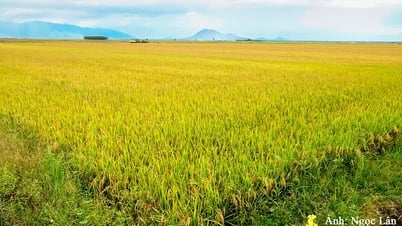



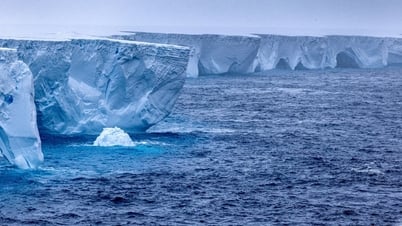












































![[VIDEO] Petrovietnam – 50 Years of Keeping the Heritage Torch, Building National Energy](https://vphoto.vietnam.vn/thumb/402x226/vietnam/resource/IMAGE/2025/9/3/3f5df73a4d394f2484f016fda7725e10)
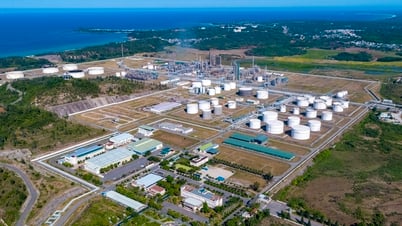




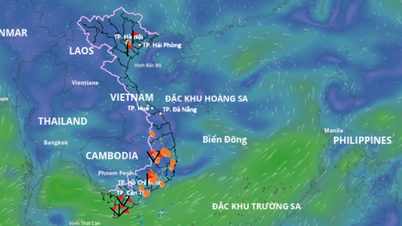





















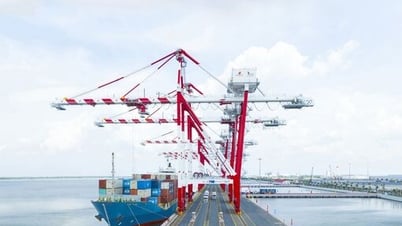














Comment (0)